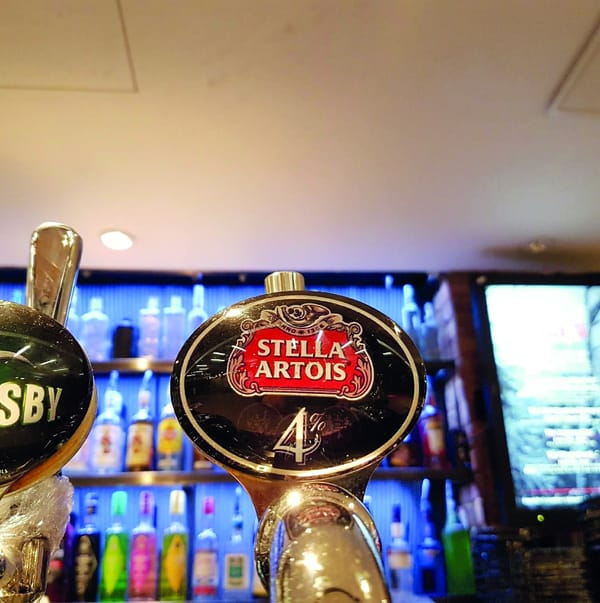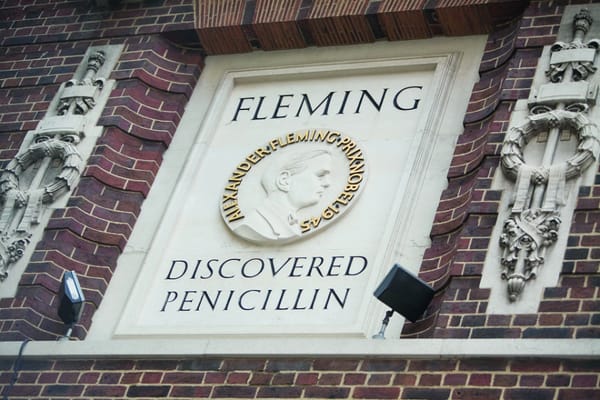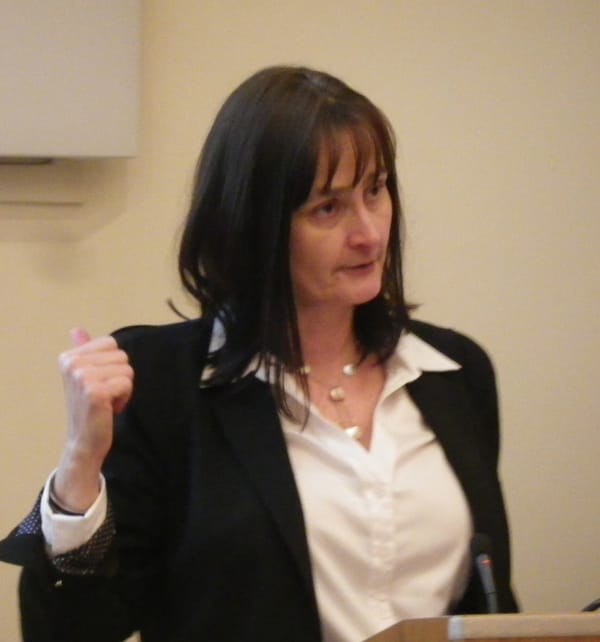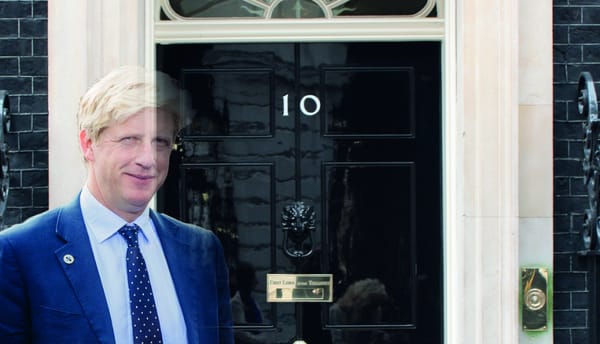New mathematics partnership gives hope to post-Brexit research
Imperial is opening a maths lab in partnership with a French research agency, offering some hope to post-Brexit academic funding

Imperial has partnered with a French research agency to open a maths lab, which will promote collaboration between the UK and France as Britain enters a post-Brexit world.
The International Joint Research Unit (UMI – unité mixte internationale) is the first research collaboration between the UK and France’s National Centre for Scientific Research (CNRS) – Europe’s largest fundamental science organisation. The UMI will have equal status to a CNRS lab, meaning academics will have the same funding and resources as their continental counterparts. The focus of their work will be on areas including number theory, mathematical analysis, biomathematics, and financial mathematics.
The UMI will be headed by Imperial’s Professor Richard Craster. Speaking to Radio 4’s Today programme, Professor Craster said: “The new partnership serves as proof that these times of uncertainty need not be times of stagnation.”
"The unit will have equal status to a French lab, meaning academics will have the same funding"
Professor Craster was not the only person to make an oblique reference to Brexit when commenting on the UMI Abraham de Moivre (named after the French mathematician). The French ambassador to the UK, Jean-Pierre Jouyet, described the UMI as “a great milestone” and emphasised the importance of immigration in connecting researchers and students.
“Mobility is fundamental in science, particularly in mathematics,” he said, adding: “Freedom of movement is an essential driving force.”
Imperial’s President Professor Alice Gast echoed Jouyet’s remarks, saying: “UMI Abraham de Moivre is a testament to the importance of international collaboration and it is a mark of the friendship between France and Britain. We take special pride in the fact that this is the first UMI in the United Kingdom.” Professor Gast has previously highlighted the need for “good immigration policies that enable us to bring in talented people” post-Brexit.
"Professor Craster said the unit 'serves as proof these times of uncertainty need not be times of stagnation"
Since the Brexit vote in 2016, some Imperial staff who had moved to the UK from EU countries have since returned. Staff still remaining at the College have taken advantage of presentations and one-to-one advice sessions regarding legal support.
Last year, Professor Gast told French newspaper Le Monde: “We intend to remain the most international institution. We do not want border controls to jeopardise this situation. If there are border controls, we will commit to always collaborating with people of talent.”
EU citizens make up one quarter of Imperial’s staff and one fifth of its student body. In October 2016, Professor Gast announced an annual £100,000 fund to “develop collaborations in Europe which lead to new science and to applications for external funding.”
The opening of the UMI was marked by a symposium entitled New Frontiers in Mathematics. Speakers included Fields Medal winners Professor Cedric Villani (“the Lady Gaga of mathematics”) and Imperial’s Professor Martin Hairer.
More than 2,700 collaborations between Imperial and CNRS researchers have been published in the past five years.









